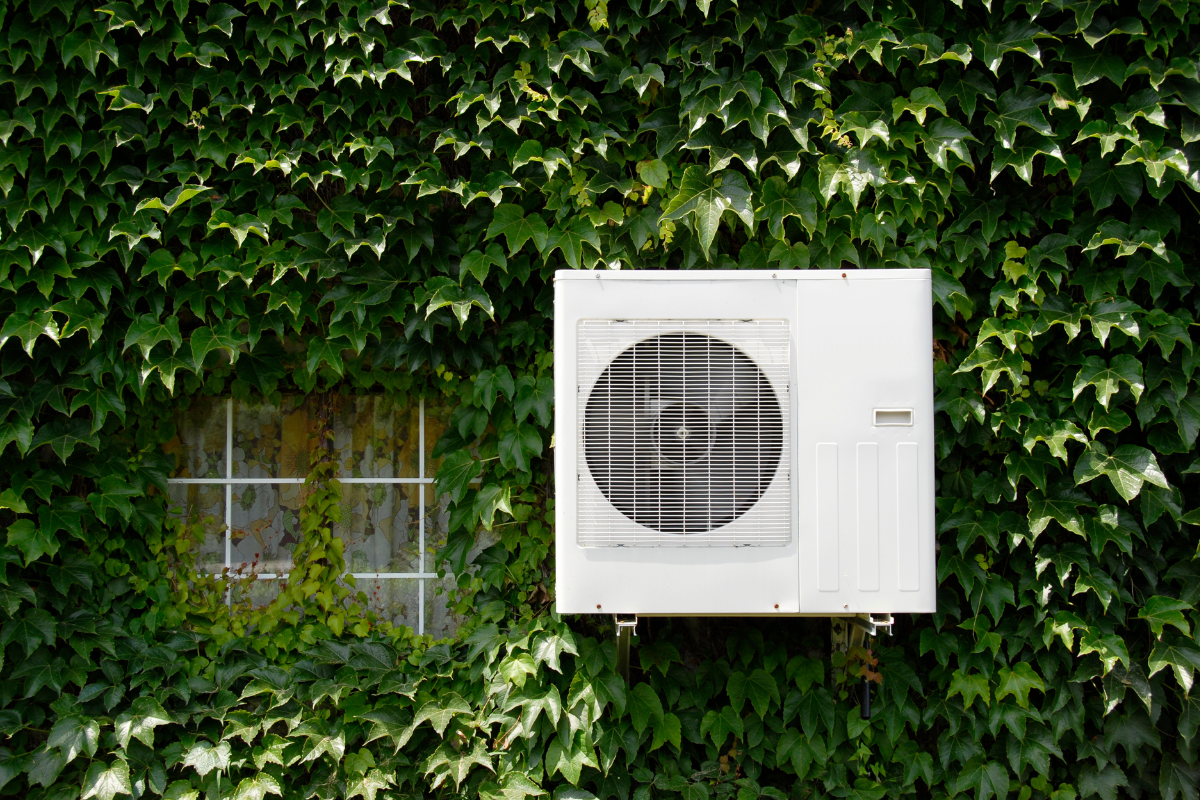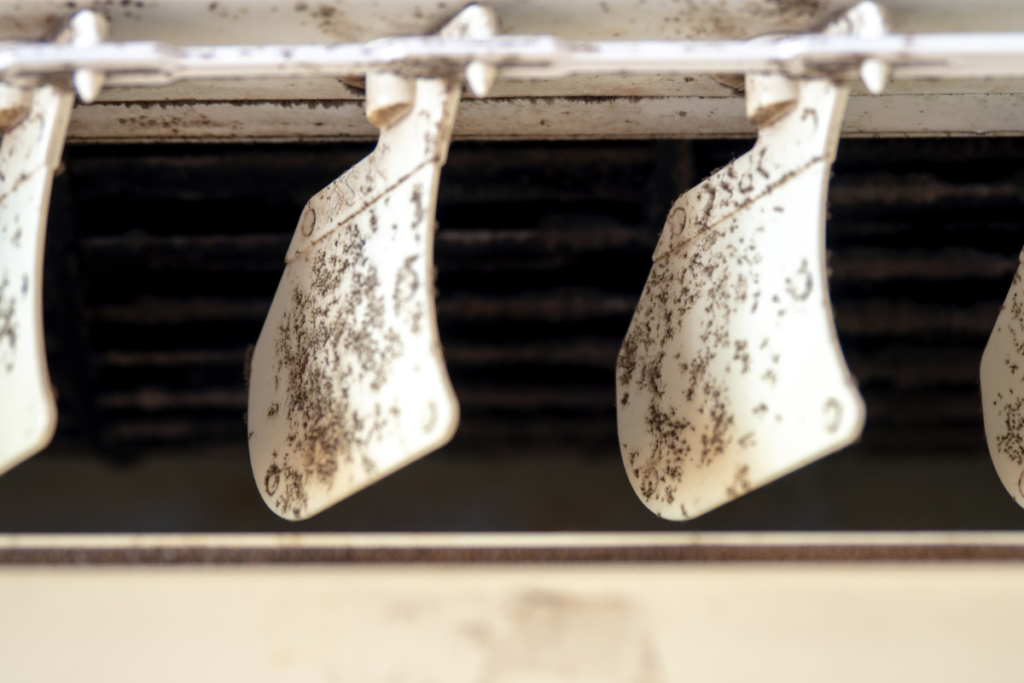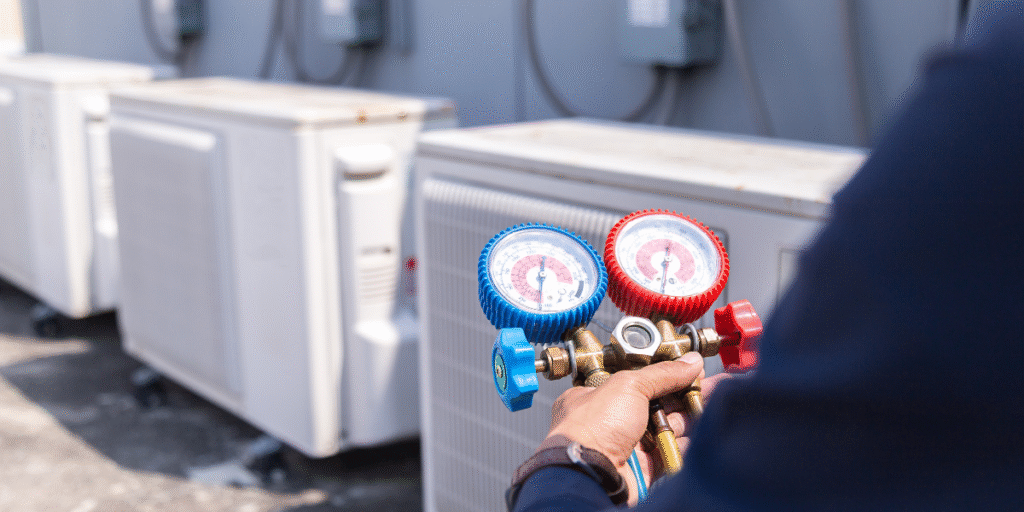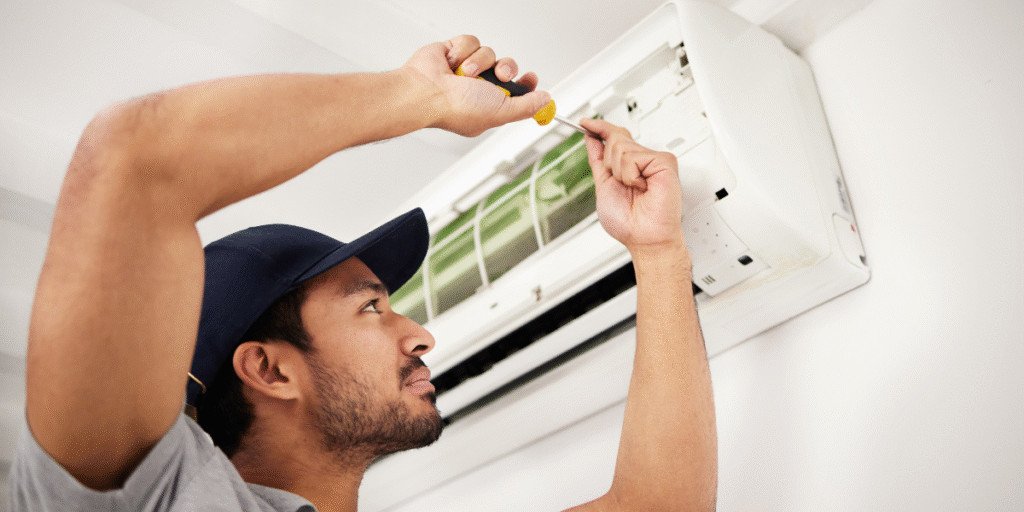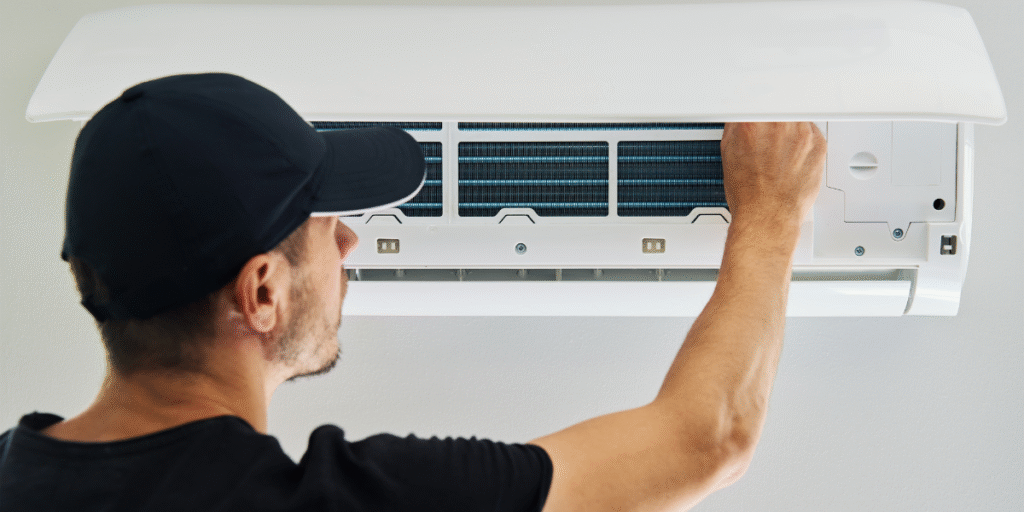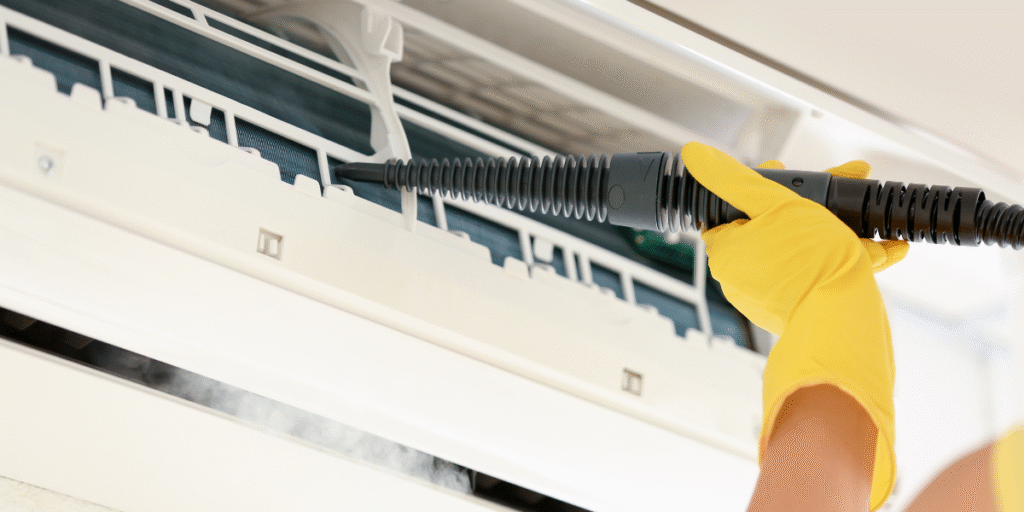When your air conditioner is meant to bring comfort, the last thing you want is an unwelcome visitor inside it – a mouse. Beyond being unpleasant, a mouse in your air conditioner can spread allergens, chew through wires, and even leave behind foul odours that circulate throughout your home. For homeowners on the Gold Coast, where warm weather makes air conditioning essential year-round, rodent infestations in HVAC systems are a problem that can’t be ignored. That’s why investing in vermin treatment and regular preventative maintenance is key to keeping your system safe, efficient, and pest-free.
Table of contents
Why does it happen?
Mice and rats seek warmth, shelter, and food. Unfortunately, your ductwork or AC unit can provide all three. During cooler months, insulation vents and duct corridors become the perfect hiding spots: warm, dark, and dry.
Inside, these rodents often:
- Chew through wires and insulation – risking not only system breakdowns but also fire hazards.
- Spread germs and contaminants – blowing bacteria and droppings through your vents.
- Die inside ducts or units – causing powerful, unpleasant odours and attracting insects like flies and beetles.
What starts as a small infestation can quickly escalate into costly HVAC damage and serious health risks.
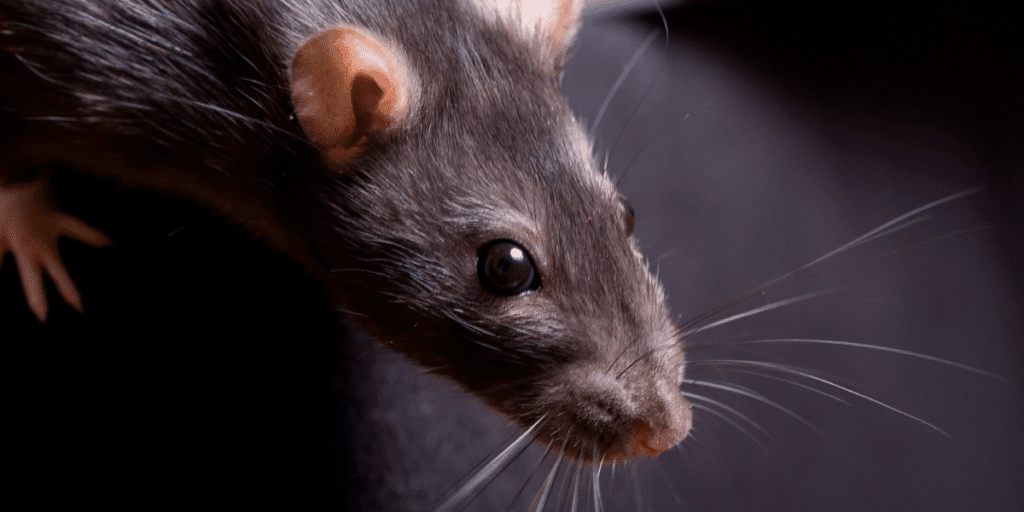
Signs your AC has mice or rats
How do you know if you have a rodent problem inside your ductwork or air conditioner? Watch out for these red flags:
Noises in the ducts
Scratching, squeaking, or gnawing sounds at night often signal rodents moving through ductwork.
Unpleasant odours
A strong, foul smell coming through your vents can mean a dead mouse or droppings inside your ducts.
Allergies or asthma flare-ups
Rodent droppings, dander, and nesting materials lower indoor air quality and can trigger respiratory issues.
Visible damage to ductwork
Holes, rips, or insulation damage may indicate mice chewing through to expand their nesting areas.
If you notice one or more of these warning signs, it’s time to act fast.
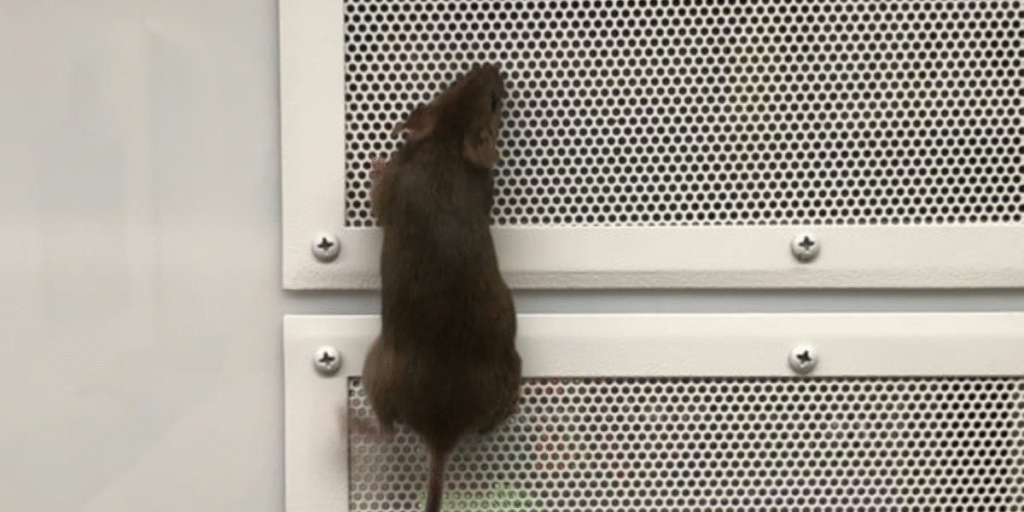
How can you stop it happening?
The good news is you don’t have to live with rodents in your air conditioning forever. With the right preventative steps and professional support, you can safeguard your system.
1. Prevention starts at home
- Seal cracks, vents, and gaps with mesh or metal plates.
- Add door sweeps to external doors.
- Store food and pet kibble in airtight containers.
- Keep floors and surfaces clean to avoid attracting pests.
2. Safe removal if it’s too late
If mice are already inside your ductwork:
- Turn off your HVAC system before opening any vents.
- Place baited traps inside ducts at vent openings.
- Check traps daily and remove any caught rodents safely.
3. Professional vermin treatment
At DEEPCHILL, we’ve seen firsthand how often rodents cause AC failures in Gold Coast homes and businesses. Our vermin treatment provides a long-term solution by:
- Applying a special protective coating on circuit boards that prevents geckos and rodents from climbing onto electrical parts.
- Using targeted pest deterrents to keep insects and vermin away from sensitive areas.
4. Preventative maintenance & duct sealing
Rodents often exploit small cracks between ducts and walls. Professional duct sealing and preventative maintenance ensures your system stays airtight and pest-free. Regular servicing by an air conditioning service Gold Coast team like DEEPCHILL also helps spot damage before it becomes a bigger problem.
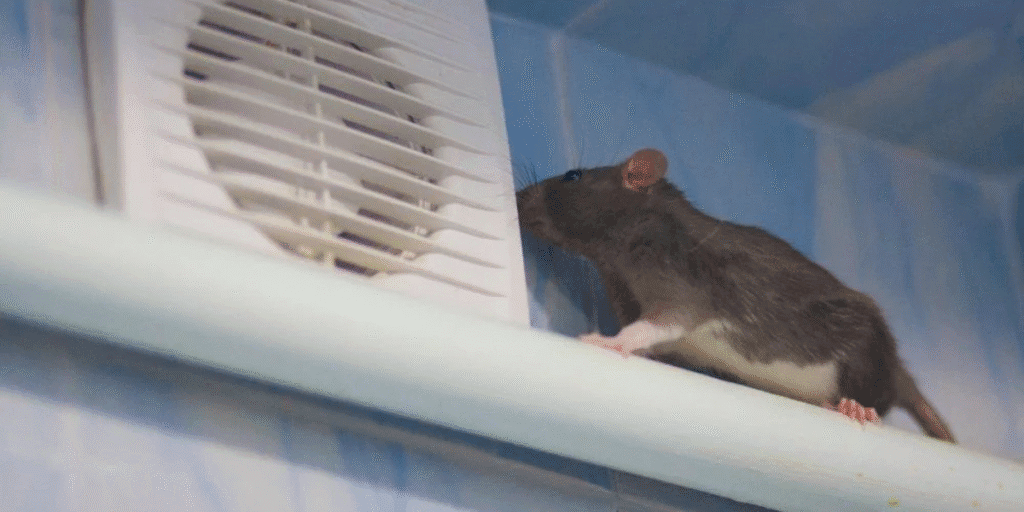
Why professional help matters
While DIY traps may catch a few mice, they don’t prevent long-term damage. Professional HVAC technicians can:
- Inspect for hidden entry points.
- Repair chewed wiring and damaged ductwork.
- Apply vermin treatments that protect against future infestations.
- Maintain your system for efficiency and safety.
A mouse in your air conditioner isn’t just a nuisance – it’s a risk to your comfort, health, and wallet. By recognising the signs early and investing in preventative care like DEEPCHILL’s vermin treatment and air conditioning service Gold Coast, you can keep your system safe, efficient, and rodent-free.
Don’t wait until it’s too late. Book a preventative maintenance check today and protect your home from uninvited guests.

